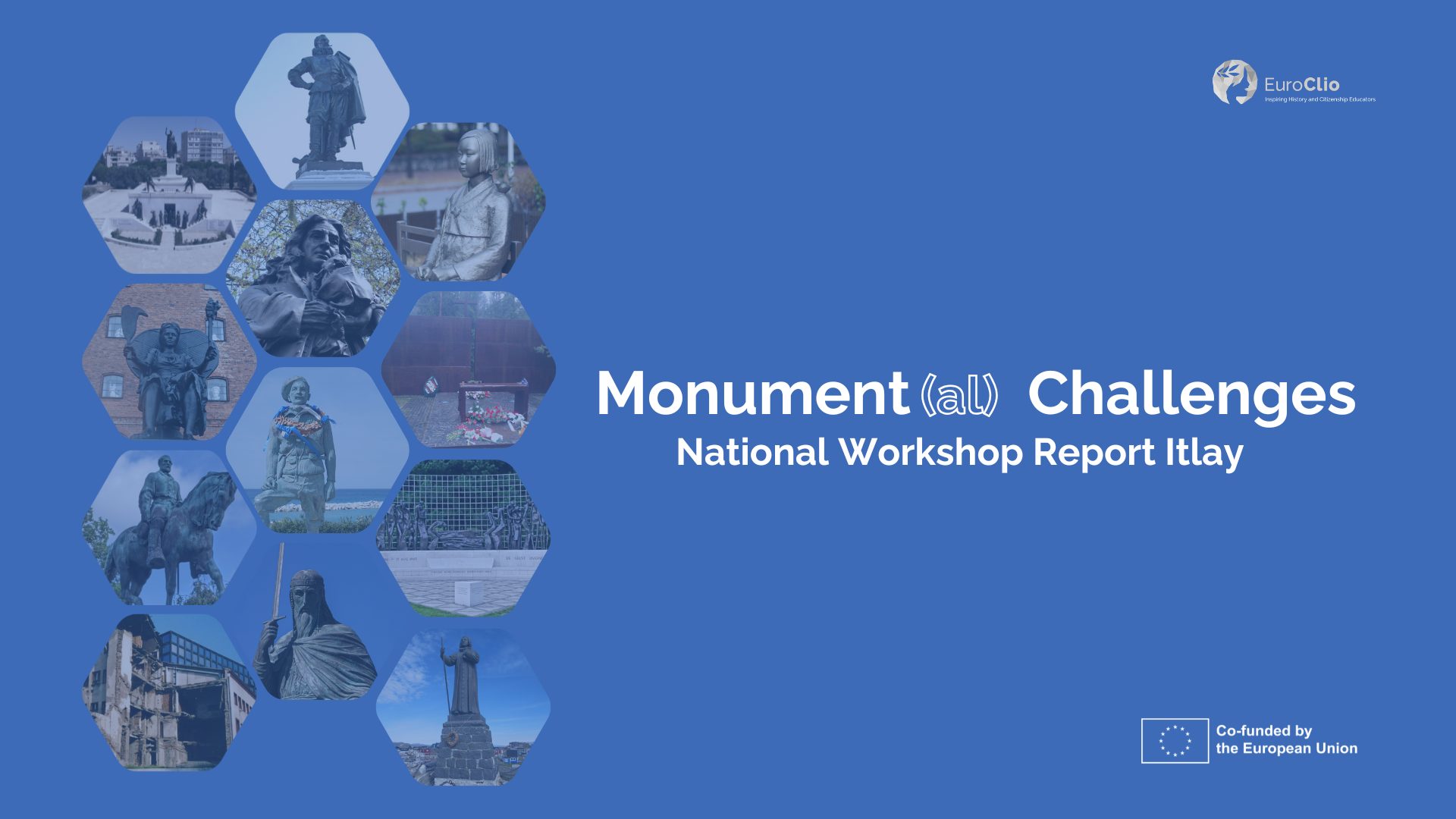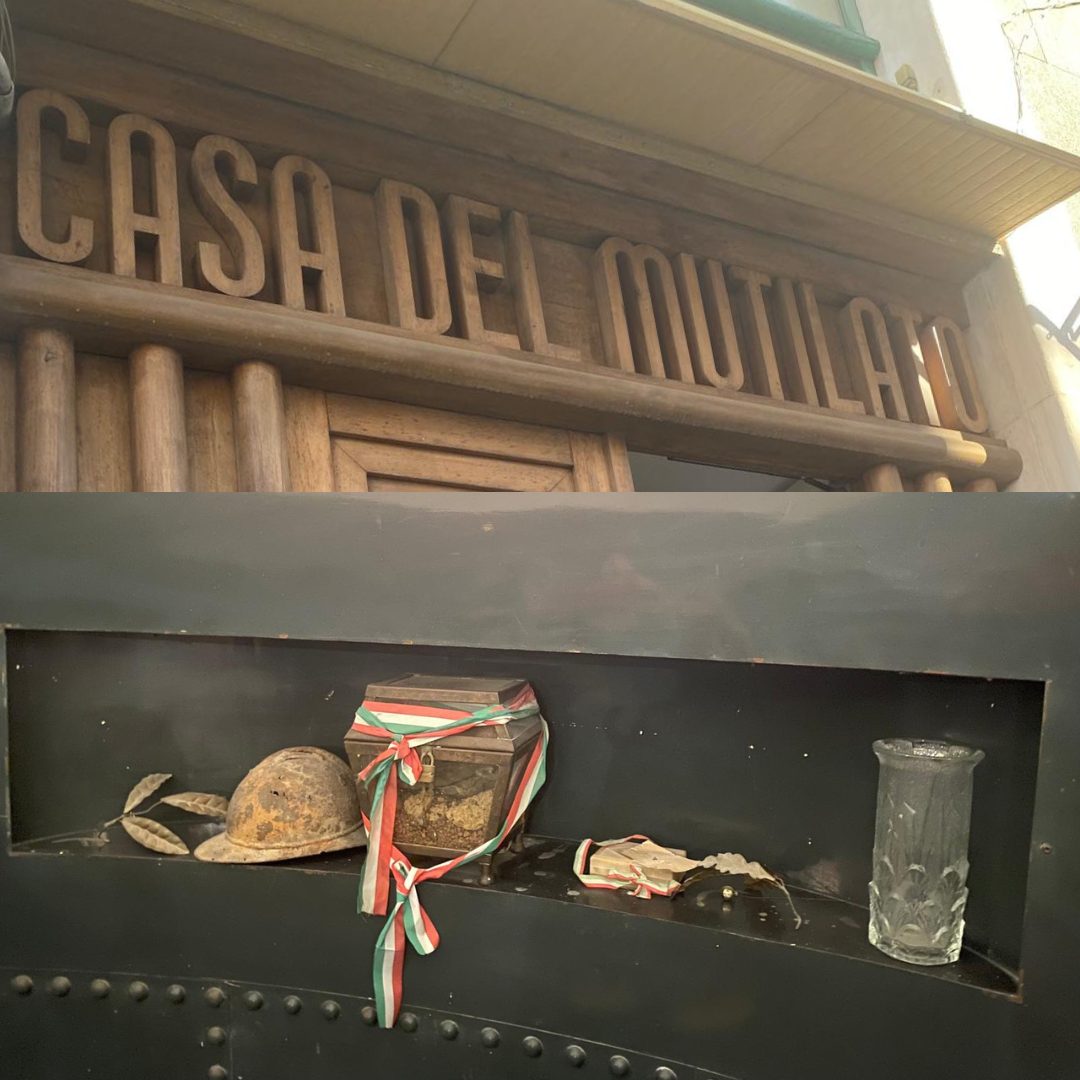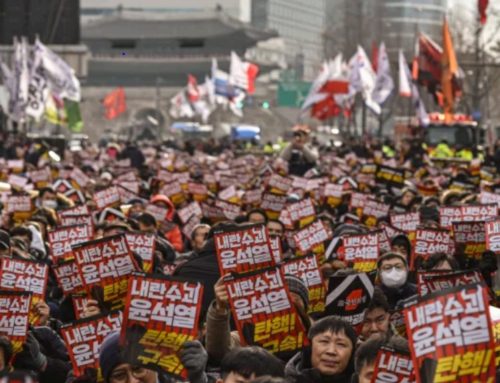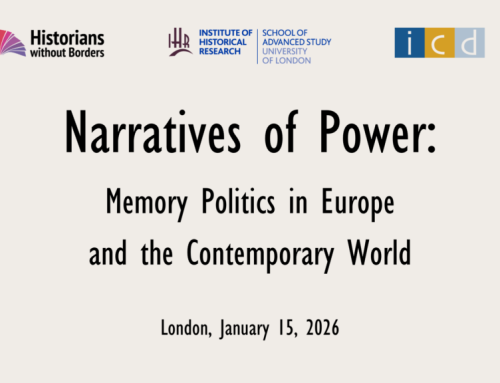On September 6, 2025, seventeen teachers and museum educators spent a full day exploring how monuments can be used as starting points for historical inquiry and civic discussion during the Monument(al) Challenges workshop in Bari, guided by the two experts: Emma Abbate and Stefania Gargioni. The event aimed to introduce the Monument(al) Challenges toolkit and to help teachers transform reflection on contested histories into practical classroom activities.
The morning session was hosted at Liceo Classico “Quinto Orazio Flacco”, where we were warmly welcomed by headmistress Dr Maria Rosaria Clelia Gioncada. After a brief introduction to the MonChal toolkit and the pedagogical aims of place-based learning, discussion moved quickly from theory to local practice: participants shared examples of contested memorials from their own communities and reflected on how to frame delicate topics in the classroom.
The emotional and intellectual focus of the morning was a rare guided visit to the Casa del Mutilato, a fascist-era building normally closed to the public. Seeing and discussing its façade, inscriptions and interior spaces in person made the themes of representation, power and silence immediately concrete. The visit prompted questions about how architecture communicates values, which voices are amplified or erased, and which classroom activities (source analysis, role plays, or student-led guided visits) best support students’ critical interpretation of such sites.
After lunch, we moved to Libreria Bonhoeffer, in the socio-cultural centre IN, hosted by coordinator Valerio Berardi. In a more informal setting, participants worked in small groups with the toolkit materials. The groups explored practical proposals, including emotional mapping of monuments, student-led walking tours combining archival and oral sources, classroom debates on naming and commemoration, and alternative commemoration projects that give voice to overlooked communities. Oral feedback collected at the end of the day showed strong appreciation for the balance between conceptual framing and hands-on practice.
The Bari workshop successfully translated critical reflection on contested monuments into concrete, teachable activities and renewed enthusiasm for bringing contested histories into students’ learning!














